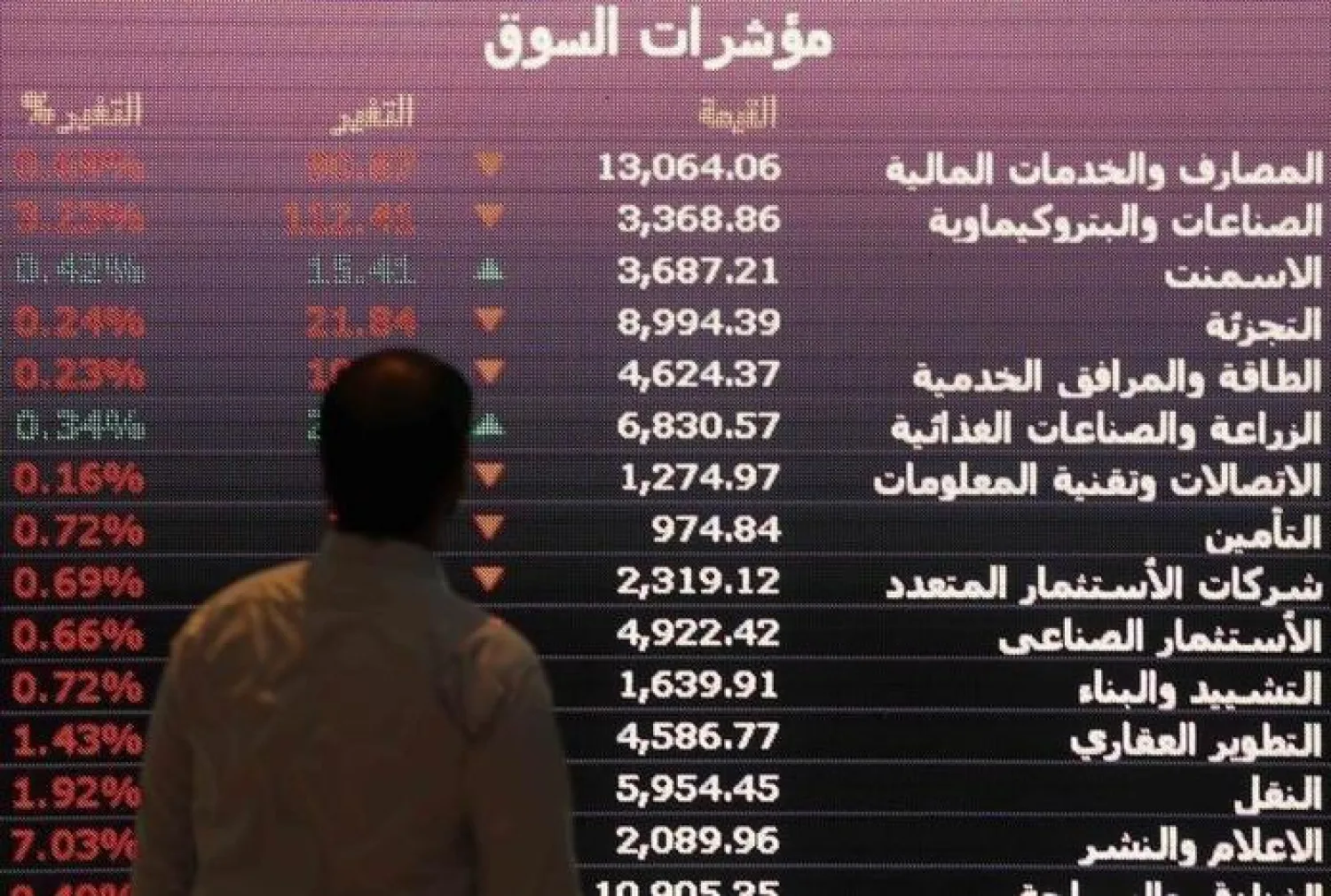Saudi Arabia’s stock market led a balanced performance over the last week, maintaining 8500 pts and a market value over two trillion Saudi riyals ($533.3 billion).
According to statistics, last week's close ended with 90 points down, which is considered significantly better when compared with the previous week. The market value stabilized at 2.009 trillion riyals ($ 535.7 billion).
By Thursday's close, the Saudi stock market gained 9% since the start of 2019 with its index currently trading at 870 pts, the highest in nearly four years.
Market gains have been more than 700 points so far, chiefly backed by the banking sector, which experienced overall growth of about 19.5% and the Telecommunications sector, which grew by 15.8%.
It is worth noting that the two sectors have been among the best performing sectors in Q1 2019.
Saudi banks listed on the local stock market posted profits up to 14.1 billion riyals ($ 3.76 billion) in Q1 2019, posting a growth rate of about 12.7 percent when compared to Q1 2018.
Strong growth in the profits of Saudi banks confirms the size and virility of the Kingdom’s financial sector.
Additionally, the Saudi telecom sector recorded remarkable growth in profits during Q 1 2019, which demonstrates the size of the positive impact on the sector companies, in light of the vitality of the economy and growth on the one hand, in addition to the package of actions that have been taken To stimulate the sector on the other.
Positive financial results announced by banks and telecoms come at a time when the Kingdom announced taking its first step into the world’s main equity benchmarks. Joining indices run by FTSE Russell and S&P Dow Jones will increase the Saudi stock market’s attractiveness and nurture a comfortable environment for investors.









